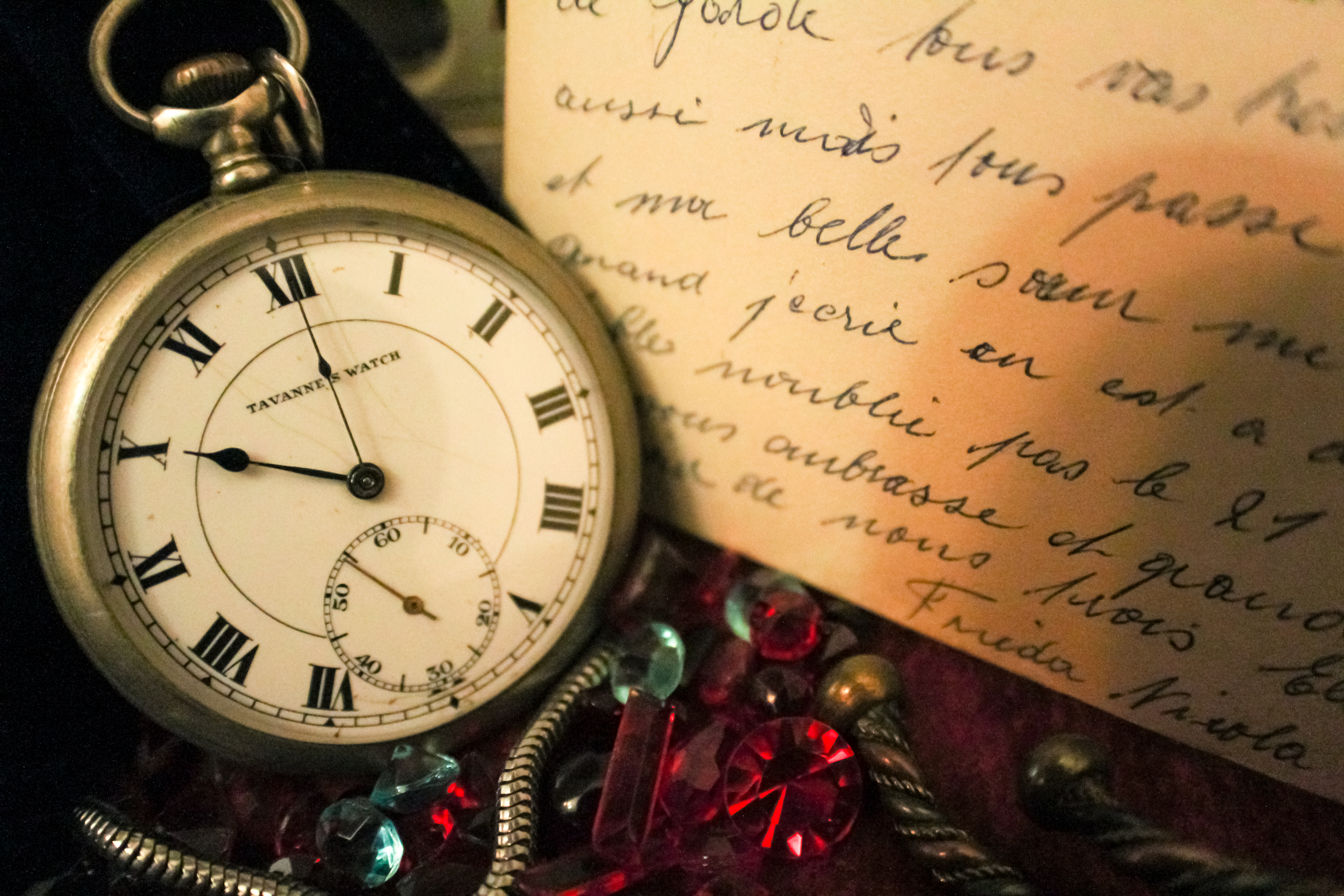By: Nesrien Abdelkader
@NesrienAshraf
While feelings of nostalgia – from revisiting memories of happy experiences to places associated with joy and contentment – can increase happiness momentarily, one should avoid lingering in the past for too long, behavioral scientists warn.
Advertisers often constantly target consumers by reminding them of the ‘good old days,’ people take pride in being ‘90s kids’ and readers never fail to click on yet another one of those ‘10 Things From Your Childhood You Forgot About’ articles online.
While fondly remembering the past can help improve a person’s mood, some people tend to use the past to forget about their current troubles – and this produces a longing (some would call it addiction) for how things were, as opposed to how things are.
Stuck in the past, if you will.
The opinions of psychologists and researchers have produced mixed results on nostalgia as a coping mechanism.
Center for Student Wellbeing Senior Counselor Amal Badeeb explained that reflecting on the past could have negative or positive effects depending on the individual’s state of mind.
“Some people in a healthy mental state would look at the past and not necessarily compare it with the present in a biased manner. However, a currently depressed or anxious person would definitely look at the past in a nostalgic manner as a time when things were easier,” Badeeb said.
Psychologists have linked nostalgia to the concept of self discontinuity, a mental disconnect between one’s past and present self. There was a belief that focusing on the past reminded people of what they were no longer able to be.
However, more recent research suggests that nostalgia could be used to improve one’s mood and aid in managing stress and anxiety. A 2013 study by the University of Southampton found that nostalgia could actually improve positivity and resilience toward the future.
Manuel Schwab, assistant professor of anthropology, said that nostalgia can offer a means to avoid one’s future or the work that needs to be put in to get to that future.
“It is much easier to focus on a past into which we project all our hopes, as though it was much better then,” he said.
Schwab referenced the advertisements for the Taj City compound that offered ‘Cairo like it used to be’ as an example of nostalgia as a powerful force.
“It says that it’s alright to eradicate what exists in the present in order to get your ideal world. After all, it’s the way the present looks that makes the future so tough. There are lots of people in the present that we didn’t plan to spend our lives with, and they’re on their way out to the future too. But it’s easy to imagine a past without them. Nobody insists on having a place in our nostalgic fantasies,” he said.
Yasmine Ahmed, a psychology freshman, does tend to get stuck in the past in an attempt to recreate her previous memories.
“Recalling my past makes me feel upset because I had such a great childhood in Los Angeles. I had everything I could ask for and wasn’t attached to electronics. It was always me doing fun outdoor activities with friends and family. To this day, I miss living there,” Ahmed said.
She said that she is not as happy with her life now as she was during her childhood in California. The memories of biking and relaxing on the beach together with her family are still fresh in Ahmed’s mind.
“I do like to think about happier times when I’m faced with a difficult time, taking a look back at my life and thinking ‘those were the good times.’ I think that’s unhealthy because it only makes me upset. I also reminisce about the past way too much, and it distracts me from my current lifestyle and environment,” she said.
Psychology Association President Nadyn Reda also believes that nostalgia can lift someone’s mood, but that fixating on the past could be harmful.
“Getting stuck in the past is definitely not a healthy coping mechanism, however, it’s never a bad thing to look back, reflect and introspect,” she said.
She elaborated that nostalgia is different than being ‘stuck in the past,’ because nostalgia is looking back at a past, happy experience, while getting stuck in the past means having an unhealthy obsession.
From a psychological standpoint, focusing on the past distracts one from the future and this is not known as a legitimate therapeutic treatment.
“In the psychology field, psychoanalysis isn’t a preferred form of therapy, even though it might be very effective for people. People prefer cognitive therapy, behavioral therapy and such because it focuses on the current behaviors and how to improve for the future,” Reda said.
Architecture sophomore Rana Esam often returns to her childhood when she’s feeling sentimental.
“I get nostalgic about music that I listened to as a kid, cartoons that I would watch with my sisters and some specific foods my mom made that I don’t always eat anymore,” she said.
Although her memories are usually of happy times, the effect they have on Esam’s mood could be positive or negative.
“I’m a very emotional person and I get all teary eyed. Sometimes it makes me happy because those were good, simpler times, but then sometimes it just makes me miss [those times],” she said.
